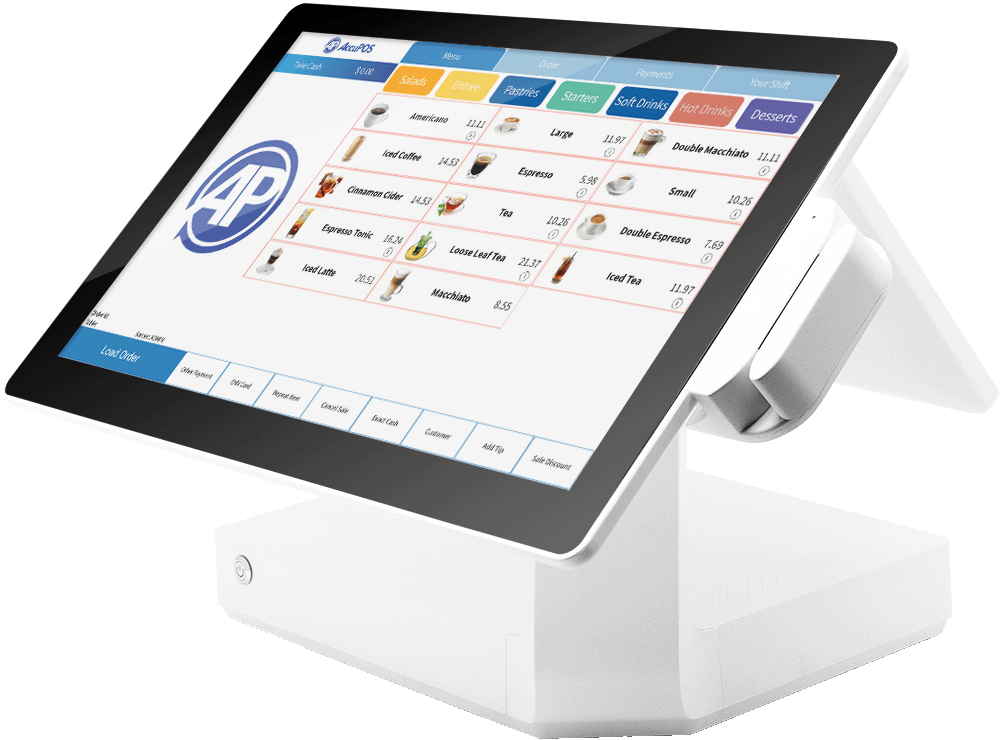Within the current fast-paced business environment, having a dependable and efficient point of sale (POS) system is essential for success. POS systems have evolved significantly over the years, transforming from traditional cash registers into complex cloud-based solutions that streamline operations and improve customer experiences. As businesses increasingly rely on electronic transactions, understanding the complexities of these systems and ensuring their safety becomes essential.
This comprehensive guide will explore what POS systems are and how they can change your business. We will delve into the newest features and capabilities that modern systems offer, as well as the vital security measures that must be applied to protect both your business and your customers. With technology progressing rapidly, keeping updated about the developing landscape of POS systems is crucial for making the optimal choices for your operations.
Comprehending POS Platforms and The Advantages
POS platforms constitute vital instruments for modern businesses, serving as the center for handling customer purchases. A Point of Sale platform integrates equipment and software to enhance sales, oversee stock, and document client data. With the change from classic cash devices to complex cloud-based systems, businesses now have access to immediate data analysis and enhanced functionality that can elevate business efficiency and customer satisfaction.
One of the primary benefits of a modern Point of Sale system is its ability to change operational procedures. By including functions such as stock management, sales monitoring, and customer interaction oversight, these platforms provide important insights that can encourage improved choices. Businesses can study customer buying behaviors and optimize inventory levels, guaranteeing that they meet requirements without overstocking. This flexibility allows businesses to respond swiftly to industry changes and enhances their capability to serve clients efficiently.
In addition, a POS system notably enhances the customer journey. By providing multiple payment options, including tap-and-go payments, and minimizing checkout times, businesses can create a seamless checkout process that encourages repeat patronage. For the restaurant sector, functions tailored for restaurants improve service delivery by allowing order precision and effective seating management. To sum up, investing in a suitable POS platform not only safeguards purchases but also opens doors to increased revenue and improved client loyalty.
Protection Measures for Point of Sale Solutions
To effectively safeguard your POS platform, applying strong entry limitations is vital. This involves establishing user authentication protocols that control access to confidential data and features based on user roles. Using distinct account names and strong passwords can considerably reduce the likelihood of unapproved access. Additionally, consider using multi-factor authentication , which adds an additional layer of protection, ensuring that only permitted personnel can access the platform.
Consistent software upgrades play a crucial part in upholding the security of your POS system. Vendors often provide updates to resolve security flaws and enhance cybersecurity protocols. It is essential to stay informed about these upgrades and apply them swiftly to mitigate dangers. Alongside updates, deploying firewalls and antivirus software is essential for defending against viruses and additional external dangers. A forward-thinking approach to program upkeep can safeguard your system from developing threats.
In conclusion, staff training is a key component of a comprehensive protection strategy. Staff members should be informed about the significance of security measures, spotting fraudulent scams, and following best practices for managing customer payment information. Ongoing development sessions can help reinforce this awareness and ensure that your staff remains alert. By fostering a climate of safety consciousness, you can greatly reduce the likelihood of mistakes that could compromise your POS system's safety.
Maximizing Point of Sale System Effectiveness
To maximize the effectiveness of your POS systems, it is important to ensure smooth connection with other important key business tools. Connecting your Point of Sale system with financial programs, inventory control, and client engagement handling (CRM) tools can optimize processes significantly. This connection allows for immediate data updates, reducing manual input errors and providing a more accurate depiction of your business standing. best point of sale for restaurants improves reporting capabilities, enabling superior decisions and improved resource allocation.
Regular instruction for your staff on how to efficiently use the POS systems is also important. When employees are knowledgeable in the capabilities and functions of the system, they can utilize it to its full potential. Training courses should cover the essential elements of the Point of Sale, problem-solving tips, and optimal methods for managing sales. This knowledge enables staff to work more efficiently and address client questions promptly, ultimately improving the total client experience.
Finally, keeping your POS systems with routine program upgrades and security inspections is important. Maintaining the system current not only improves effectiveness by incorporating additional capabilities but also protects against vulnerabilities. Additionally, frequent check-ups helps to spot possible problems before they escalate into major issues. By prioritizing these elements, companies can ensure their POS systems function at maximum efficiency, supporting growth and better customer service delivery.

